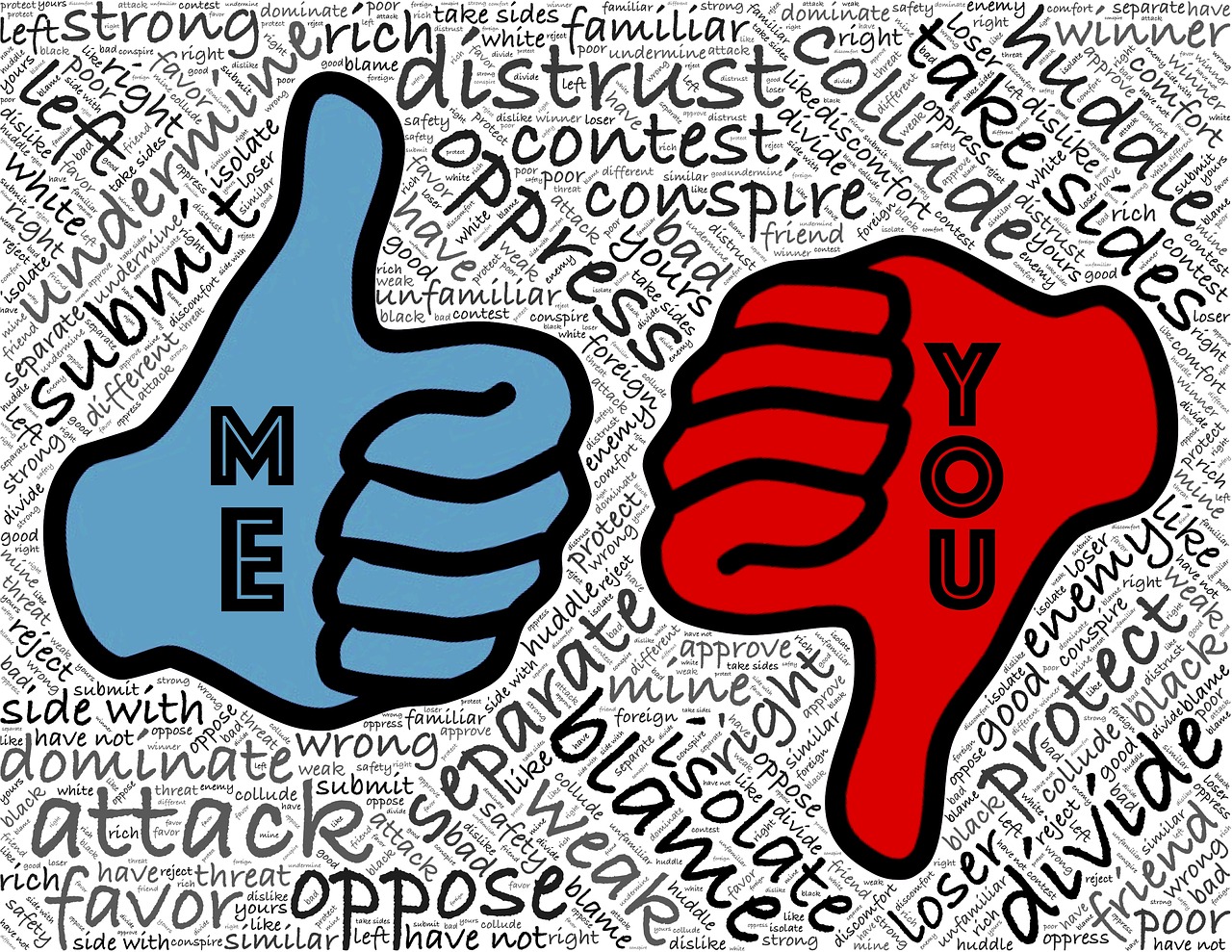This intellectual position, beginning with oneself and one’s responsibilities, should immediately commit the Muslim citizen to promoting respect for the rights of every person in Western societies. If we count the dysfunctions occurring in our societies in terms of unemployment, homelessness, discrimination, violence, racism, and xenophobia, we might well wonder how a conscience informed by a sense of moral responsibility can remain passive. This is a matter of claiming rights in the name of Right: many Muslims passively submit to harassment, racist remarks, and discrimination that are unacceptable. All people, as citizens, are responsible for claiming their rights and gaining respect. Society does not hand out rights as one offers privileges: they are matter of law, respect, even compulsion. Standing between the bureaucracy that does not do its work, officials who allow themselves to make unwarranted insinuations, police officers who are rough and impolite, and those who suffer this treatment, there is the law, and it is sometimes right to fight for it to be respected. In all circumstances it is right to resist the victim mentality by refusing to sink into emotional complaining that brings isolation or a blind rebellion that brings exclusion.
This must be done for oneself, as well as for others. Associations such as CAIR (the Council of American Islamic Relations) in the United States and Canada and FAIR (Forum against Islamophobia and Racism) in Britain have emerged that defend the rights of Muslim citizens (by fighting against all kinds of discrimination) because they are often silent if not consenting victims and many of them did do know what action to take. These are important developments: the Anglo-Saxon system naturally supports this kind of community defense, but it is still necessary to resist the temptation to shut oneself away in a minority enclave that may give the sense that “one’s community” is against the system. It is for this reason that it is urgent to create partnerships with other organizations that work more widely in the same areas so that a plural front can be established against injustice, discrimination, and xenophobia in the name of all citizens without differentiation. We shall return to this later.
On a broader scale, commitment to the rights of the most disadvantaged social classes and the social spaces that have been left out of the economic prosperity in Western societies must also not be neglected. Within the community, this will be a good way of re-establishing links between affluent Muslims and those who have been left out of the general prosperity. This refers not to a merely “charitable” solidarity (we shall come to this in the next section) but rather to the development of a dynamic of resistance so that legitimate social and economic rights can be claimed. Although associations of this type have been created in the United States and in France, we are clearly taking only the first, faltering steps toward this essential commitment. The social commitment of Muslims should not be restricted to a patronizing and good-natured solidarity. If Western societies are our societies—and they are—and if glaring injustices are visible and sometimes institutionalized, then we must say so and reject them and fight, with all the others who are fighting, to demand our rights, and not simply hope for kindness, not to say compassion.





Well Said